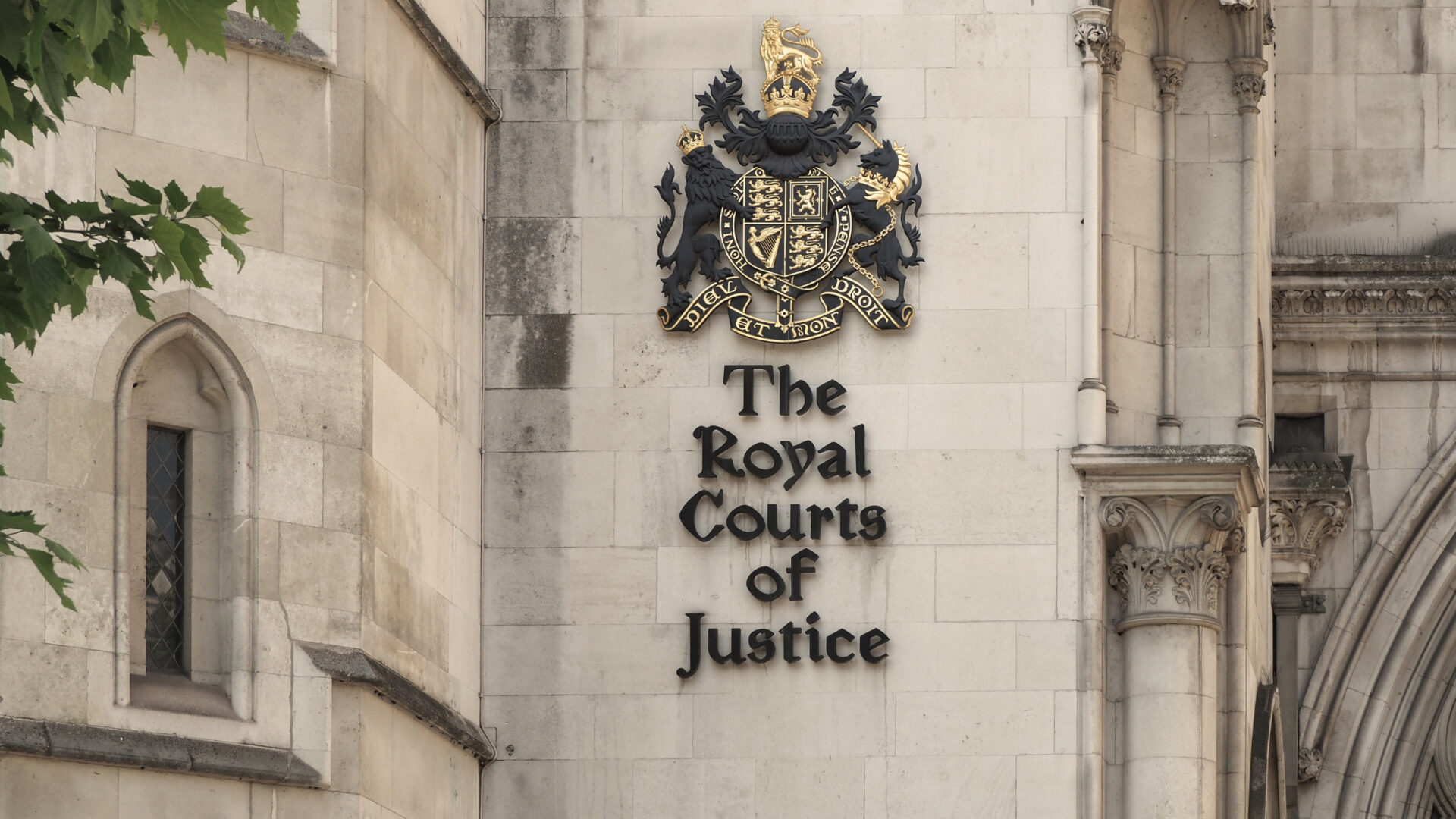
Judgment in the case of Churchill v Merthyr Tydfil County Borough Council [2023] was handed down from the Court of Appeal on 29th November 2023, and with it we enter into a new era of mediation and other forms of alternative dispute resolution being further integrated into civil and commercial disputes.
What’s the significance of the case?
The Court of Appeal was asked to decide if a court could lawfully order parties in legal proceedings to engage in a non-court-based dispute resolution process, and if so, in what circumstances should it do so.
Lower court decision
The County Court judge held that he was bound to follow Lord Justice Dyson’s statement in Halsey v Milton Keynes General NHS Trust [2004] that to oblige unwilling parties to engage in mediation or another form of ADR would obstruct their right of access to the court and would be an infringement of their human rights.
On appeal, the panel of judges consisting of Baroness Carr (Lady Chief Justice); Sir Geoffrey Vos (Master of the Rolls) and Lord Justice Birss held that the passages of Dyson LJ’s judgment were not part of the essential reasoning of the case and had not bound the lower court judge. By contrast, they held that a court could lawfully put legal proceedings on hold to enable the parties to engage in a non-court-based dispute resolution process (e.g. mediation), or order the parties to do so, provided that the order did not impair the parties’ right to proceed to a judicial hearing, and was proportionate to achieving the aim of settling the dispute quickly, fairly, and at reasonable cost.
Judges are given the flexibility to determine when such an order may be appropriate to a dispute, as the appeal judges did not set down fixed principles about what factors would be relevant in determining whether proceedings should be put on hold, or when parties may be ordered to engage in a non-court-based dispute resolution process.
What does this mean for alternative dispute resolution, including mediation?
The Court of Appeal’s ruling in Churchill is an important milestone in the ever-evolving landscape of alternative dispute resolution (‘ADR’). Sir Geoffrey Vos continues to openly support the use of alternative dispute resolution, saying that it should no longer be viewed as ‘alternative’ but rather an integral part of the dispute process.
The Judgment highlights, and supports, the importance of parties engaging in dispute resolution at all stages with the aim of settling their dispute quickly, fairly and cost-effectively.
In recent times, we have faced unprecedented change as the use of ADR (including mediation) becomes increasingly integrated into dispute resolution. Earlier this year, the Ministry of Justice announced that mediation shall become a compulsory step for money claims up to £10,000 in value.
The use of mediation and other forms of ADR can be far more cost-effective than protracted litigation, and whether parties are willing to consider or actively engage in ADR as an alternative to litigation is already a factor which judges are able to consider when considering the award of costs.
The additional clarity now given by the appeal judges in Churchill is anticipated to have even further impact as judges become more willing to encourage (or even order) parties to use ADR to resolve their dispute, in accordance with the overriding objective of the Civil Procedure Rules which states that cases are to be dealt with justly and at proportionate cost.
Talk to us
If you need any advice about a dispute or alternative approaches to dispute resolution to going to court, then do not hesitate to get in touch with our expert dispute solicitors.









